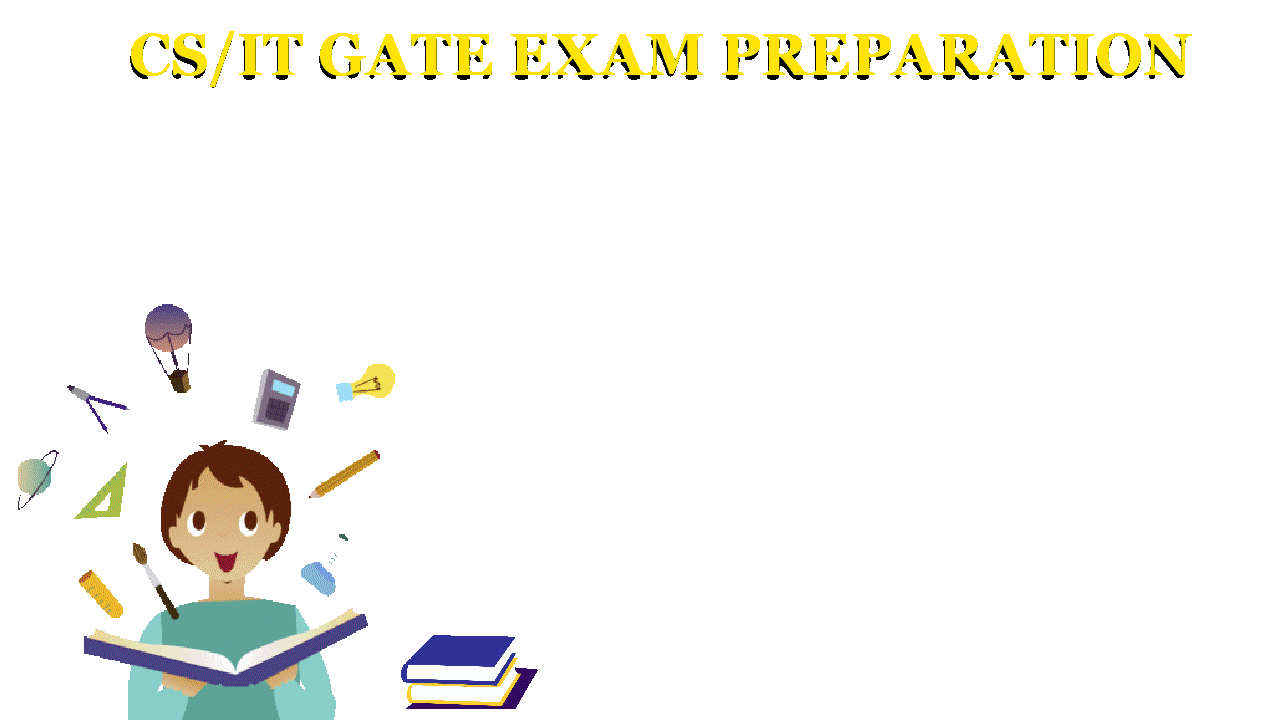Full Detailed GATE Syllabus For CS/IT and Examination Pattern |

|
Our website provides an complete gate question papers with complete solution. Your learning experience with us is guaranteed to be intuitive and fun. You will have fun while learning. This is the secret of our outstanding results. Check reviews from our students.
Full Detailed GATE Syllabus For CS/IT and Examination Pattern |

|